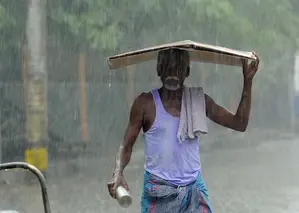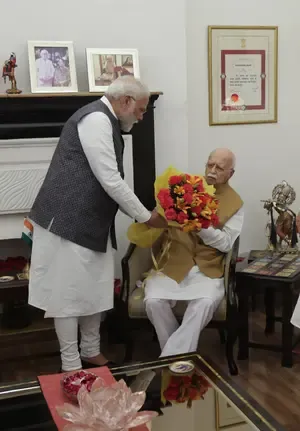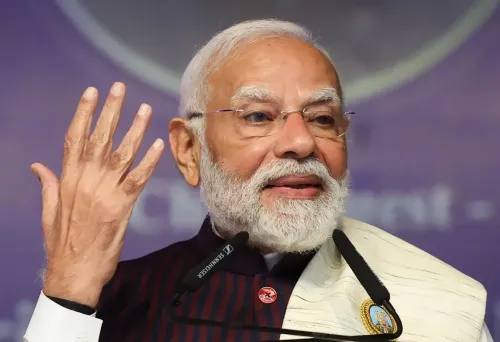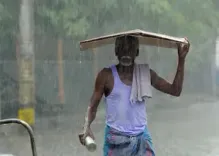Northern Railway Reveals Timetable for Katra-Srinagar Train Service
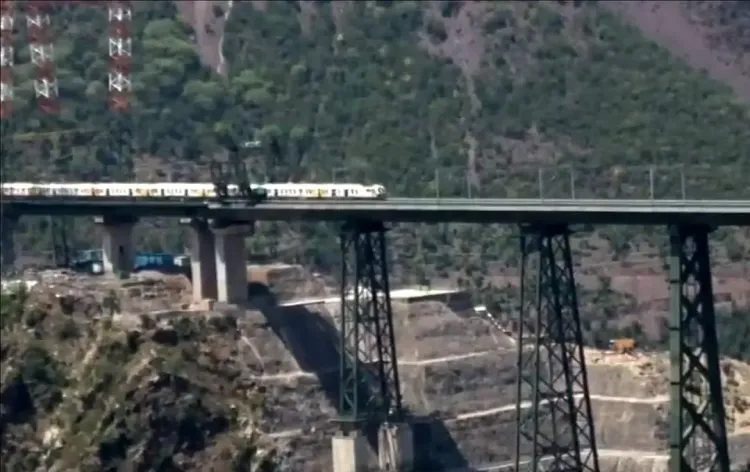
Jammu, Jan 3 (NationPress) On Friday, Northern Railway disclosed the train schedule for the Katra-Srinagar route, anticipated to be launched after January 20.
As per the timetable, the Vande Bharat Express is set to leave Katra at 8:10 a.m. and reach Srinagar by 11:20 a.m.
The Mail Express will operate twice daily from Katra, with departures at 9:50 a.m. arriving in Srinagar at 1:10 p.m. and a second departure at 3:00 p.m. reaching Srinagar at 6:20 p.m.
For the return journey from Srinagar to Katra, the Mail Express will depart at 8:55 a.m. and arrive at Katra at 12:05 p.m., with a second run at 3:10 p.m. arriving at 6:30 p.m.
The Vande Bharat service will leave Srinagar at 12:45 p.m. and arrive in Katra at 3:55 p.m.
Additionally, the Vande Bharat train will commence its journey from Delhi at 7:00 p.m. to reach Srinagar by 8:00 a.m. The Katra-Srinagar section of the Udhampur-Srinagar-Batamulla Rail Link (USBRL) is regarded as the most ambitious and complex link of this project.
From a technical perspective, this rail link is celebrated as a feat of engineering with few equivalents globally. It encompasses some of the most arduous segments, including the bridge over the Chenab River in the Ramban district, which stands taller than the Eiffel Tower in Paris.
The Chenab Rail Bridge is a remarkable structure made of steel and concrete, carrying a single-track railway line, located between Bakkal and Kauri in the Reasi district of the Jammu division.
This bridge spans the Chenab River at an impressive height of 359 m (1,178 ft) above the river, making it the world's highest rail bridge and the world's highest arch bridge.
Fully completed and inaugurated in August 2022, the bridge is situated between the Sangaldan and Reasi railway stations.
The USBRL is a monumental achievement for millions residing in the landlocked valley, promising to significantly boost tourism, trade, horticulture, and education, while transforming travel to the Kashmir Valley.

